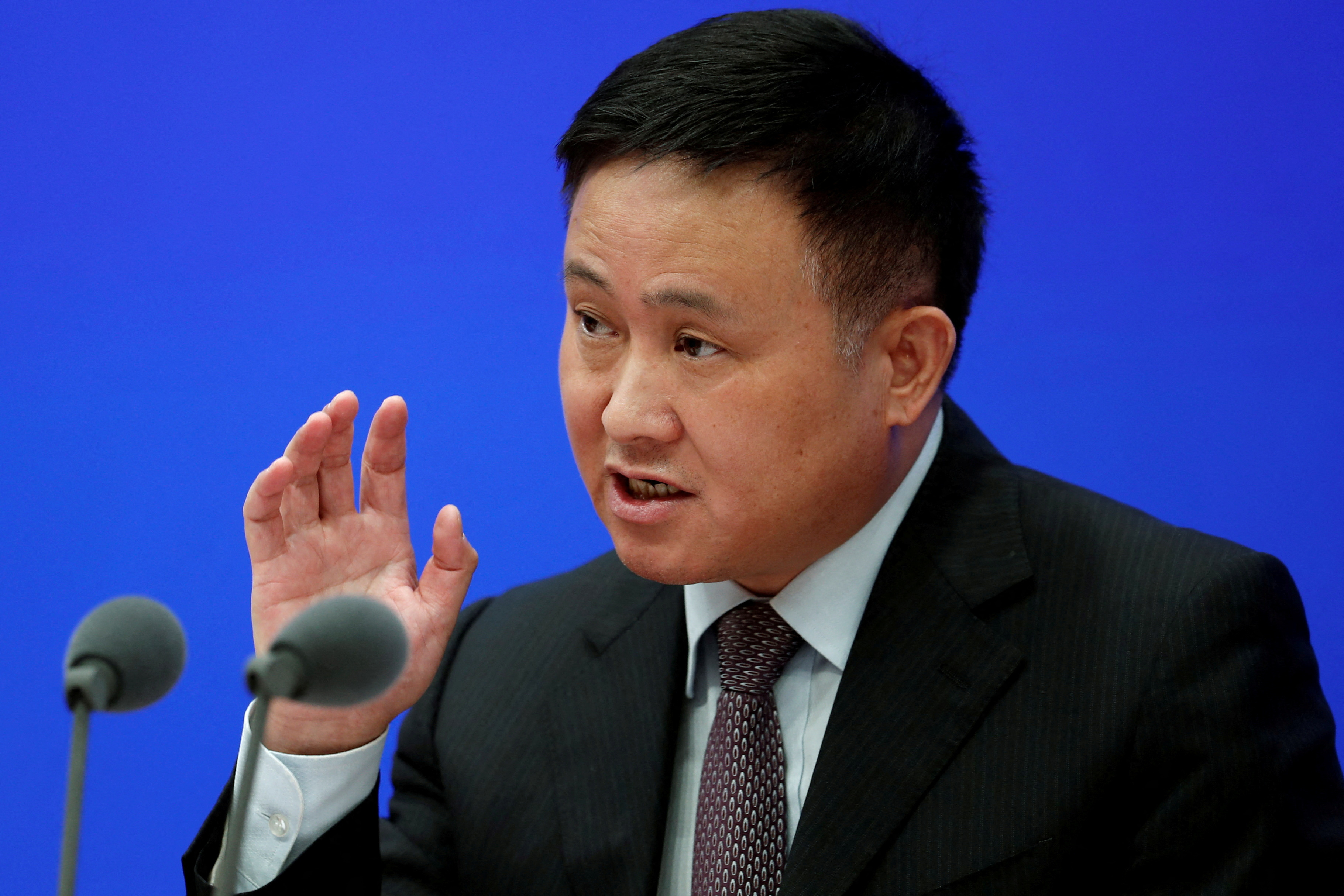Okay, folks, let’s talk Japan. The Bank of Japan’s Osaka branch head just dropped a bomb – small businesses are still dragging their feet on wage hikes. Seriously? After all the pressure from the BOJ and the government? It’s like trying to push water uphill! This hesitation is a huge problem. It throws a wrench into the whole inflation story they’re trying to tell.

Now, it’s not just internal economic sluggishness they’re sweating over. They’re glued to the news, particularly anything and everything coming out of Washington DC regarding Trump’s potential tariffs. Because let’s be real, a trade war is the last thing Japan needs right now.
But here’s where it gets really interesting. The BOJ isn’t just worried about the here and now. They’re intensely focused on the wage outlook in the Osaka region. Why? Because wages are the key to sustainable inflation. No wage growth, no sustained inflation. It’s that simple.
Let’s break down why this matters. Japan’s been stuck in deflationary hell for decades. A crucial part of escaping this loop requires companies to actually pay their employees more, fostering demand and ultimately pushing up prices.
This isn’t just about abstract economics. It’s about the daily lives of Japanese workers. It impacts their purchasing power, their ability to save, and the overall economic vibe. And small businesses? They’re the backbone of the Japanese economy. They really need to step up.
The BOJ is walking a tightrope. They want to end negative interest rates, but they need to see concrete evidence of wage growth. Otherwise, it’s a recipe for disaster. Trump’s tariffs? That’s just adding fuel to the fire. It’s a total mess, frankly.
Deeper Dive: The Importance of Wage Growth in Japan
Japan’s long-standing deflationary struggle stems from a lack of sustained demand. Companies, fearing shrinking markets, were reluctant to invest and raise prices, leading to a vicious cycle.
Wage stagnation is a core part of this. For years, wages remained flat, even as other developed economies saw growth. This suppressed consumer spending.
This year, there have been some positive signals, with larger companies offering larger pay raises. However, smaller firms remain hesitant due to concerns about profitability and future economic uncertainties.
The Bank of Japan relies on wage growth to drive up consumer spending, thus achieving the 2% inflation target it has long sought. If this doesn’t happen, policy adjustments could backfire, potentially hindering economic recovery.






